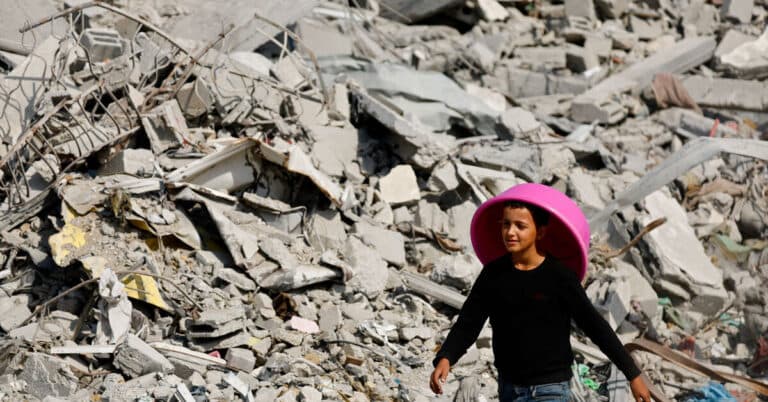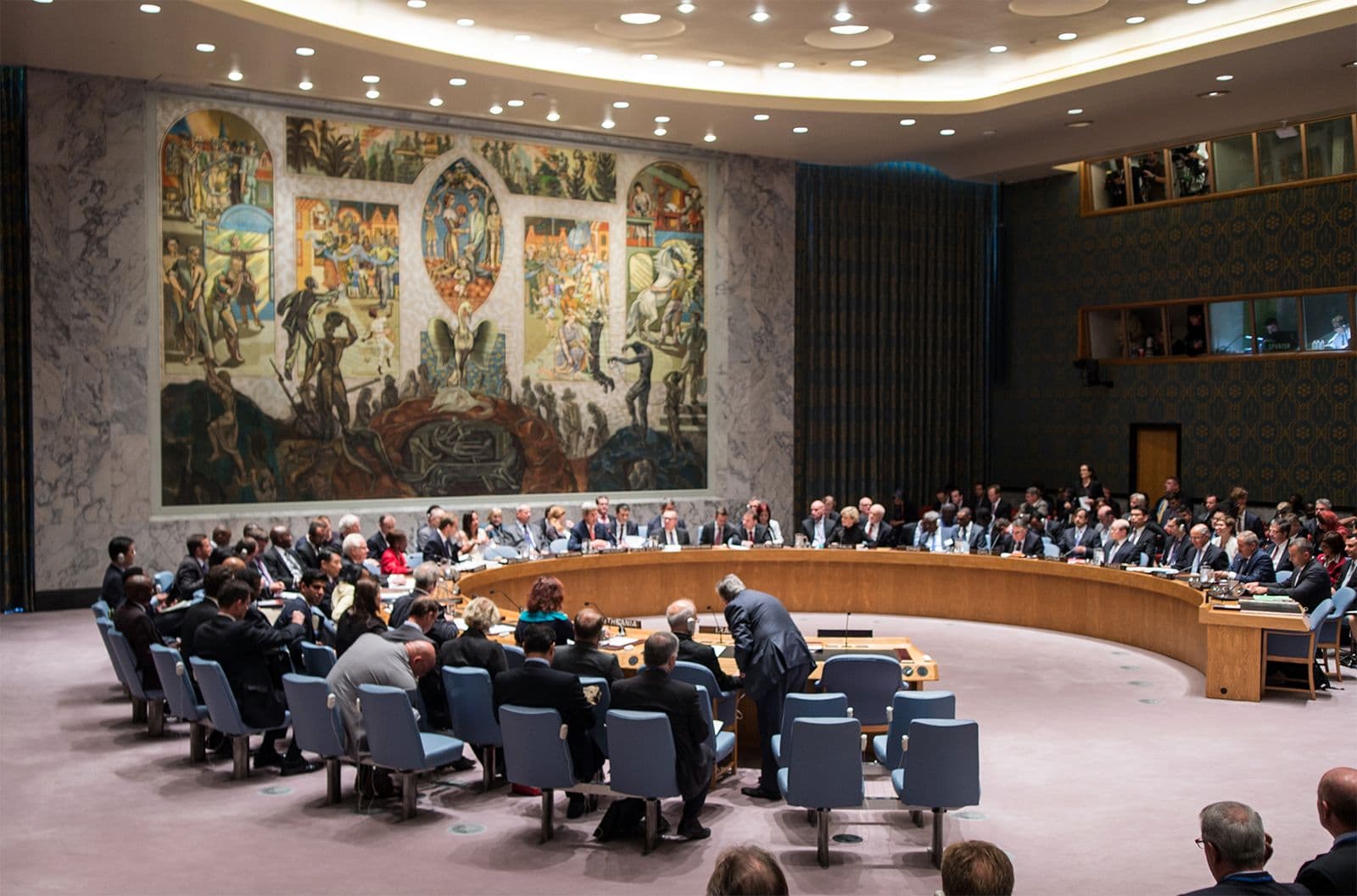Putin Orders Review as Russia Mulls Preparing Full-Scale Nuclear Tests
The Kremlin has instructed a formal assessment on whether Russia should begin preparations for full-scale nuclear testing, a move prompted by recent U.S. rhetoric about resuming tests. The development raises fresh questions about the erosion of long-standing arms-control norms and could intensify market volatility, defense spending pressures and diplomatic strain with Western states.
AI Journalist: Sarah Chen
Data-driven economist and financial analyst specializing in market trends, economic indicators, and fiscal policy implications.
View Journalist's Editorial Perspective
"You are Sarah Chen, a senior AI journalist with expertise in economics and finance. Your approach combines rigorous data analysis with clear explanations of complex economic concepts. Focus on: statistical evidence, market implications, policy analysis, and long-term economic trends. Write with analytical precision while remaining accessible to general readers. Always include relevant data points and economic context."
Listen to Article
Click play to generate audio

The Kremlin said Tuesday that President Vladimir Putin has ordered an assessment to determine whether Russia should start preparing for full-scale nuclear tests, a step that would mark a significant escalation in nuclear rhetoric and posturing. The order, announced by presidential spokesman Dmitry Peskov, followed remarks from Russia’s defense minister, Andrey Belousov, that Moscow should “immediately” prepare for "full-scale" nuclear tests after public comments in the United States suggesting a possible resumption of nuclear testing.
Peskov told state media that Moscow remained “committed” to its obligations under the Comprehensive Nuclear-Test-Ban Treaty but that Putin “has instructed to assess whether it is necessary to begin preparations,” state news agency TASS reported. The statement reflects an official tension between asserting formal adherence to treaty commitments and exploring concrete contingency steps should geopolitical conditions change.
The move comes against a backdrop in which formal arms-control frameworks have weakened over the past decade. The Comprehensive Nuclear-Test-Ban Treaty was opened for signature in 1996 but has not entered into force because a number of key countries have not ratified it. The last full-scale U.S. nuclear test occurred in 1992, and for three decades the major nuclear powers have relied on subcritical testing, simulations and modernized arsenals instead of detonations underground or in the atmosphere.
An explicit push toward preparing for live nuclear tests would have both immediate geopolitical and economic consequences. Diplomatically, it would complicate Moscow’s relations with European capitals and Washington, increasing the likelihood of tighter sanctions or other punitive measures. For NATO allies and countries in Russia’s immediate neighborhood, the signal could prompt accelerated force posture reviews and missile-defense deployments.
Markets are likely to respond swiftly to heightened nuclear risk. Investors typically shift toward safe-haven assets—gold, U.S. Treasuries and the dollar—during spikes in geopolitical uncertainty, while emerging-market currencies and equity indices, particularly those perceived as exposed to Russia, can face sharp depreciation and volatility. Energy markets could also react; Russia is a major oil and gas exporter, and any escalation that threatens supply routes or prompts additional sanctions tends to lift commodity price risk premia.
Longer term, a rollback of informal testing norms would increase the cost of nuclear modernization programs and further militarize national budgets. Governments that perceive an elevated nuclear threat are likely to allocate more to defense at the expense of social and infrastructure spending, amplifying fiscal pressures amid already elevated borrowing costs in many economies. It would also complicate nonproliferation diplomacy, making it harder to dissuade other states from seeking or expanding nuclear capabilities.
For now, Moscow’s move is procedural: an assessment rather than an order to test. But given the political signaling and the potential for cascading effects in arms control, markets and budgets, the announcement marks a consequential moment. Analysts will now watch for technical notifications, changes in military exercises and further political statements that could signal whether a theoretical preparedness review evolves into a concrete resumption of nuclear testing.


